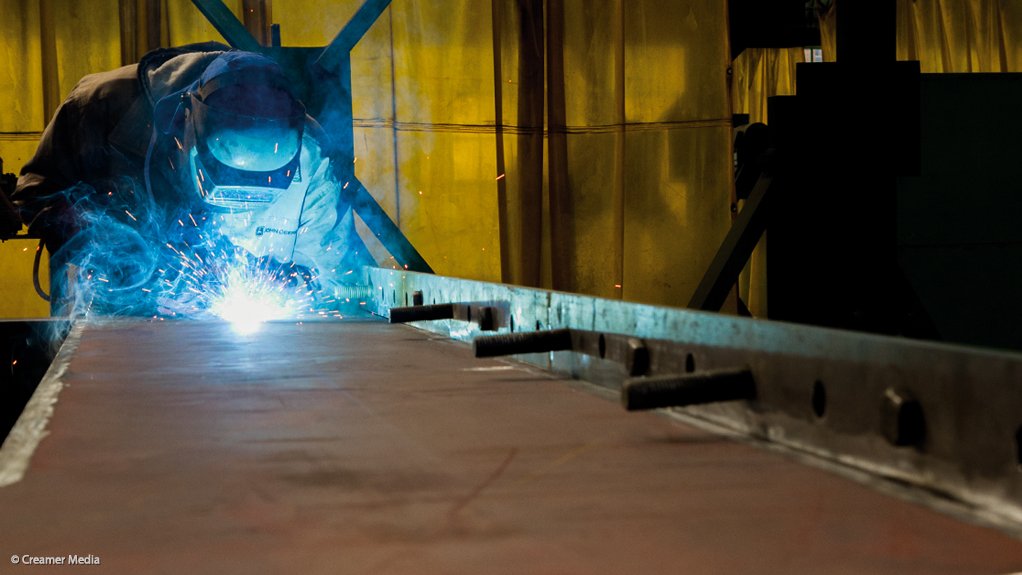Industry body, the National Employers' Association of South Africa (Neasa), says it will hold labour union, the National Union of Metalworkers of South Africa (Numsa), to a deal which it says saw the organisation agreed to Neasa's 2014 demands on “a wide range of issues”.
According to Neasa, two weeks after Numsa “capitulated” to Neasa's 2014 demands, Labour Minister Mildred Oliphant signed a notice by which she extended a July 2014 agreement between the Steel and Engineering Industries Federation of South Africa (Seifsa) and trade unions to nonparties, effective from January 5, 2015.
The Labour Court in Johannesburg had since set aside this agreement – which was concluded under the auspices of the Metal and Engineering Industries Bargaining Council (MEIBC) – finding, in December, that the agreement, which was extended by Oliphant, could not be considered representative of the positions of MEIBC members.
“The court also severely criticised the MEIBC and the Department of Labour for the irregular way in which it sought extension to nonparties of the agreement between Seifsa and the trade unions,” commented Neasa CEO Gerhard Papenfus.
Neasa had consistently opposed the extension of the deal to its members, arguing in the Labour Court that the wage increase contained therein was at an “unsustainable level” and would cause the metals and engineering industry to decline even further.
The body now asserted that Numsa, in correspondence directed to Neasa and under oath in Labour Court proceedings in Johannesburg, unconditionally capitulated to the Neasa demands tabled during the 2014 metal industry negotiations to halt the Neasa lock-out of its members.
Neasa embarked on a lockout in August last year, stating, at the time, that its demands had not been considered in the wage agreement signed by Numsa and Seifsa.
In a statement on Tuesday, Neasa outlined that its demands, to which it said Numsa agreed, included a 7% across-the-board wage increase; a 50% reduction of the entry-level wage for new employees; and a “completely revamped” exemptions policy, providing for an automatic exemption for businesses employing 50 or less employees, on a permanent basis, from the provisions of the MEIBC’s main agreement, which had been extended to nonparties.
Papefus said the metals industry now found itself in an unprecedented situation in which Numsa had capitulated to Neasa’s demands, but then attempted to enforce a “destructive” agreement made under the auspices of the MEIBC.
‘This is an indication of how big business, with the help of trade unions and influential people in key positions, can control the labour market, increase their market share by keeping competition out and force small, medium-sized and microenterprises out of [the market].
“The result is increased unemployment and widespread socioeconomic hardship,” he claimed.
Numsa was not immediately available for comment.
EMAIL THIS ARTICLE SAVE THIS ARTICLE
To subscribe email subscriptions@creamermedia.co.za or click here
To advertise email advertising@creamermedia.co.za or click here











